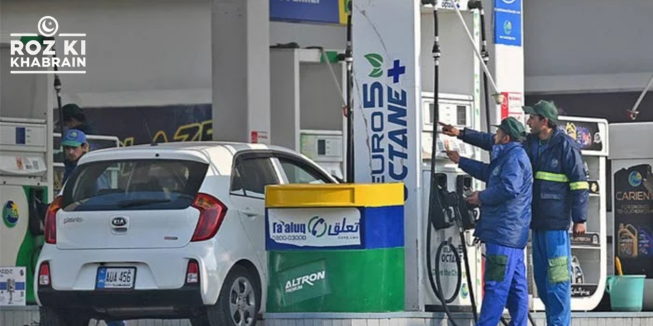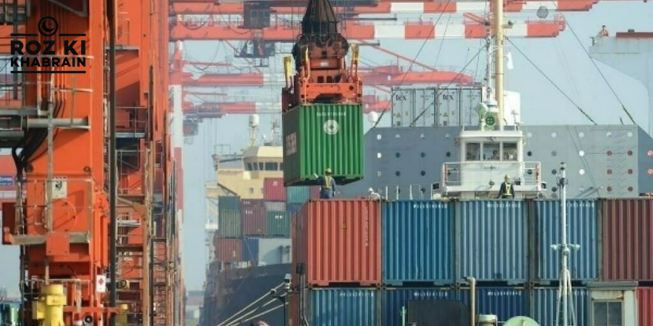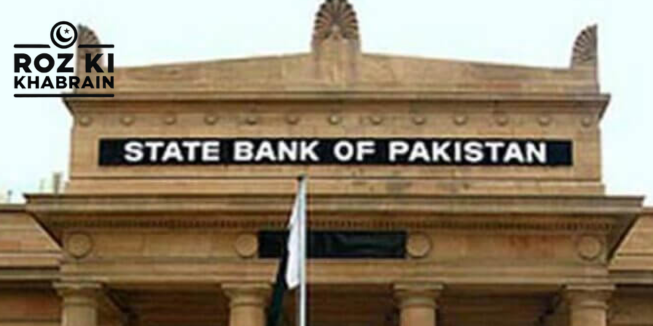KARACHI: The price of petroleum products is expected to rise by up to Rs10 per litre in the upcoming review due to a surge in global oil prices, according to The News on Saturday.
Estimates from the oil sector suggest that petrol prices may increase by Rs3-4 per litre, while high-speed diesel (HSD) is projected to rise by over Rs10 per litre.
The anticipated price hike follows a spike in global oil prices, prompting a significant increase in demand for petroleum products, particularly HSD, in recent days. This surge in demand is driven by speculation regarding the upcoming price increase in the next fortnightly review.
Insiders in the oil sector indicate that the rise in HSD demand is unexpected, as there hasn’t been a notable increase from the industrial or agricultural sectors. “The surge is primarily due to dealers hoarding petroleum products, especially HSD, in anticipation of the price hike,” they explained.
Industry experts have observed that the average daily sales of HSD have increased to 24,000 litres, compared to the usual 16,000-17,000 litres per day. They refuted claims that the government’s crackdown on smuggling has contributed to the rise in legal HSD sales. “It is mainly hoarding by oil marketing companies (OMCs) and dealers aiming to maximize profits ahead of the expected price hike,” they stated.
A senior official at a refinery confirmed the recent uptick in HSD sales, noting, “We are selling more HSD than usual, but we’re unsure if this is due to hoarding by oil marketing companies or dealers ahead of the price increase.” He added that the true demand for HSD will become evident after the price review, which will clarify whether the increased sales are driven by genuine demand or hoarding.
In recent months, the country has experienced an oversupply of diesel due to low consumption, with HSD demand dropping from 750,000 tonnes per month to just 500,000 tonnes, influenced by various factors, including smuggling.
“With reduced demand, local refineries can easily meet about 80% of the country’s needs,” the Oil Companies Advisory Council (OCAC) stated in a letter to the government earlier. The letter opposed the government’s decision to allow a private oil marketing company to import HSD, asserting, “There is no justification for importing excessive HSD, yet imports were permitted in recent months, leading to a serious glut and operational challenges for local refineries.”




